Category Archives for "Obesity"
Controlling Obesity Information
Controlling Obesity Information
Does your food addiction start like this?
It’s been a hard day at work and you just want to relax. You get home put on Netflix and open that bag of crisps, chips or sweets. One bite turns into one hundred and you’re left with an empty packet on your lap with you trying to blame the dog.
Don’t worry, this happens to the best of us, and it isn’t actually that uncommon with certain foods. Processed foods are scientifically engineered to be irresistible and easy to gobble up in large quantities. If you can’t stop, the chips are doing their job. Some brands even have that as a catchphrase.
The big issue here is that we become addicted to the mouth feeling and the temporary feel good of eating these foods. A lot of us feel the regret after eating these and still go back to them later in the day or the next day.
Food manufacturers use marketing strategies to imply processed foods are healthy. And even if you know they’re not, they have other ways of getting you to buy them.
The good news? Simply being aware of this trick can help you bypass it.
Evaluate your pantry.
Examine the foods you have in your home and the messages you’ve been given about them by the manufacturer.
Note: Keep in mind that this is a mindful awareness activity. You’re not doing this to judge yourself or feel shame about the food choices you’ve made. Look at your pantry with curious and more informed eyes.
Step 1: Look for “health halo” foods. Do you have any? If so, why did you choose them? Was it the language used to describe it? Was it the packaging? A trendy “superfood” ingredient? Is it organic, gluten-free, sugar-free, Paleo, or something else?
Step 2: Read the nutritional information. Once you’ve identified the “health halo” foods, take a closer look. Is your “healthy” organic dark chocolate peanut butter cup all that nutritionally different from that mass-market peanut butter cup? Chances are, it’s just different packaging.
Step 3: Count how many varieties of junk foods you have. If you love ice cream — how many flavours do you have? If you peek into your cupboards, are there cookies, popcorn, candy, or crisps/ chips? Without judgment, count the total junk food variety currently in your
home. Generally, the more options you have, the easier it is to overeat.
The takeaway?
You’ll be more aware of the particular types of marketing you’re susceptible to, which you can use to make more informed food choices.
You’ll also have a better idea of which treat foods you prefer, and by reducing the variety of them in your home, you’ll cut down on opportunities to overeat.
We often use food for reasons other than physical nourishment.
Hard day, let’s have a takeaway. Temporarily, we feel better because of the mouth pleasure.
The next time we have a hard day, we remember the temporary and we repeat the ritual. If we continue to repeat this cycle, we may find ourselves slipping every time we feel blue.
We’re not even thinking about it at this point; it’s just habit. It is this habit that becomes a food addiction.
Habits are powerful, for better or for worse. They can work for us or against us.
Luckily, we have control over this.
All it takes is a little time and an understanding of how habits get formed.
All animals learn habits in the following way –
Trigger (Something Happens) > Behaviour > Reward.
Identify your triggers - they are what is driving your food addiction:
When you find yourself eating when you’re not physically hungry, increase your awareness of your triggers by asking yourself:
What am I feeling?
What time is it?
Who am I with?
Where am I?
What thoughts am I having?
Find a new behaviour every time you feel these triggers. These must be individual to you for them to be effective.
The road to a better lifestyle is takes more than just your nutrition. However, the skills and habits required to control your nutrition makes the rest of the journey far easier.
Give these a try and let us know how you get on and how you feel they can be improved.
Share your experiences below in the comments.
The really big problem with Food Addiction is that a a lot of the ingredients that the food manufacturers use cause Cancer. So in addition to becoming your drug pusher of choice they are making you sick. Eventually your addiction is likely to kill you unless you make the changes to your eating habits.
Become a member of our Destroy Disease group and take advantage of our Free 7 Day Health Kickstarter to help you break your Food Addiction and become a healthier you.
But not the stuff you normally get with your Sushi. That is normally a mix of horseradish, mustard and artificial colouring.
I am talking about the real stuff - it is a plant and doesn't require anything else to be added to make it taste the way it does. It also naturally contains the highest amount of cancer killing ingredients yet found in the plant work. Here is more information about this amazing plant.
For those of you do not like the taste of Wasabi then there are supplements available. The ones we recommend is the SAWA brand which does not contain any additives or fillers of any kind. They are 100% Pure Wasabia japonica rhizome powder in a vegetarian capsule.

Buy your Sawa capsules here and help support this website.
All Capsules contain Sawa 100% Pure Wasabia japonica freeze dried rhizome powder. No additives of any kind.
Recommended dosage is 1 - 3 capsules daily with food at breakfast.
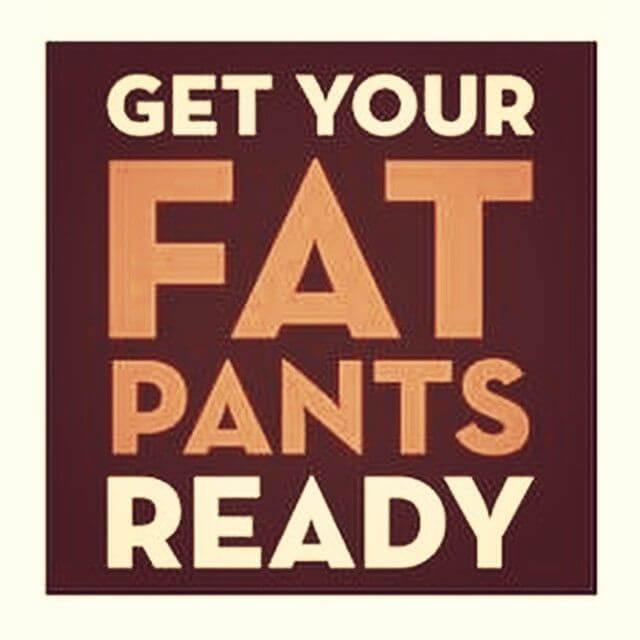
That is why most dieters are afraid of fat. The common fear is that eating too much fat will eventually make you fat.
There is some truth in this, but as usual some diet promoters has taken this to extremes.
The American Heart Association says that dietary fats are essential for the health and well-being of your body. Fat is a nutrient that promotes cell growth, hormone production and protects your vital organs while supplying energy.
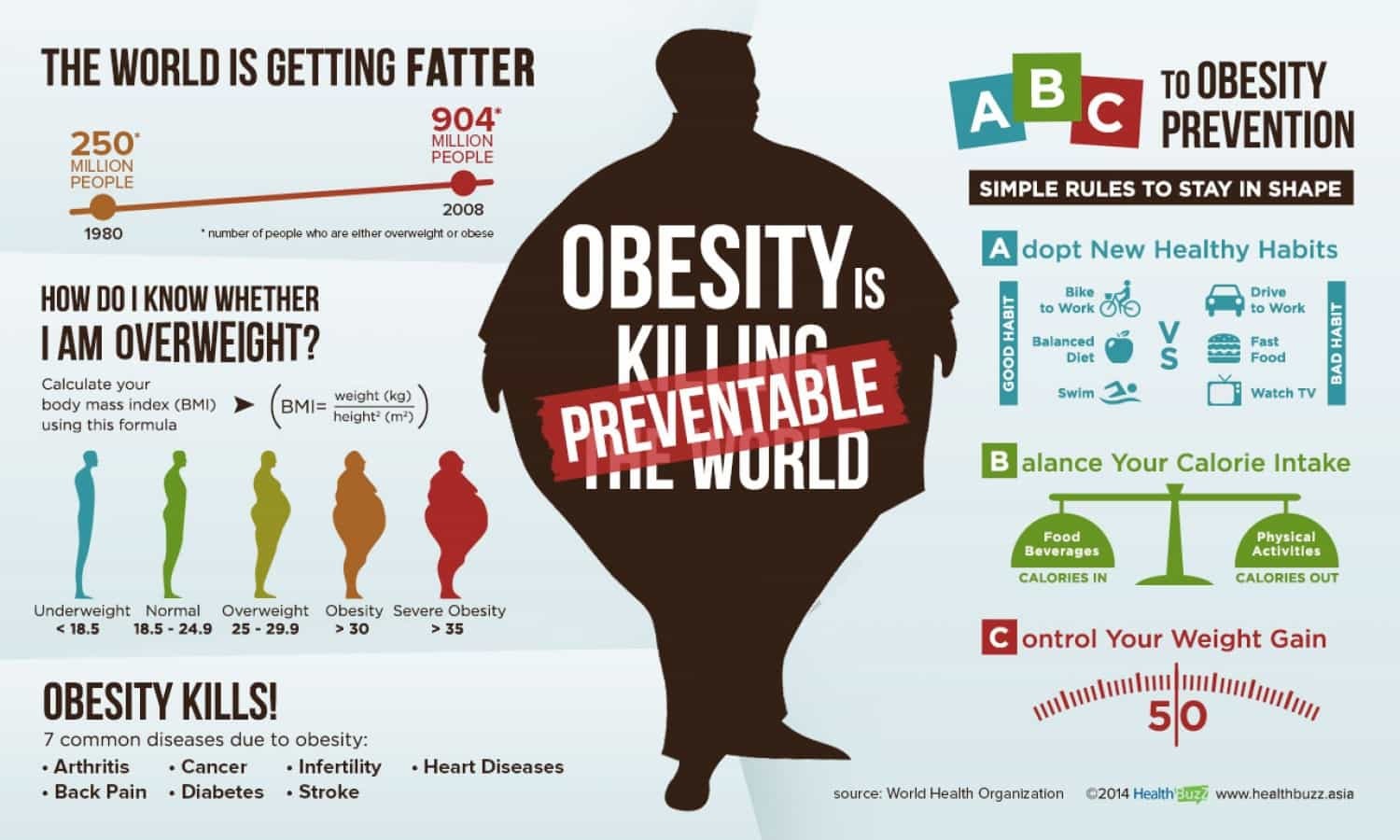
The bad fats like saturated fats are solid during room temperature (think butter) while monounsaturated and polyunsaturated comes in liquid form like oil.
Saturated and trans fats are your bad fats as it raises your cholesterol (LDL) levels in your blood. Monounsaturated, polyunsaturated on other hand, is beneficial to consume as it lowers bad cholesterol levels.
The body requires three macronutrients for energy – carbohydrates, protein and fats. When you deplete fats from your body, you are directly affecting your metabolism as your body doesn’t receive the nutrients that it needs. Metabolism is necessary for your body to burn fat when you’re resting. You can easily measure this through the use of an electronic scales.
(P.S We highly recommend getting your own so that you can track your progress easily!) - Use a notebook to keep track.
Healthy unsaturated fats like almonds and avocados help keep you full. This prevents you from overeating. Other examples include fish, seeds, leafy vegetables, olive oil or even avocado oil.
It defeats the purpose of weight loss and reducing your cholesterol levels if you’re eating the bad fats.
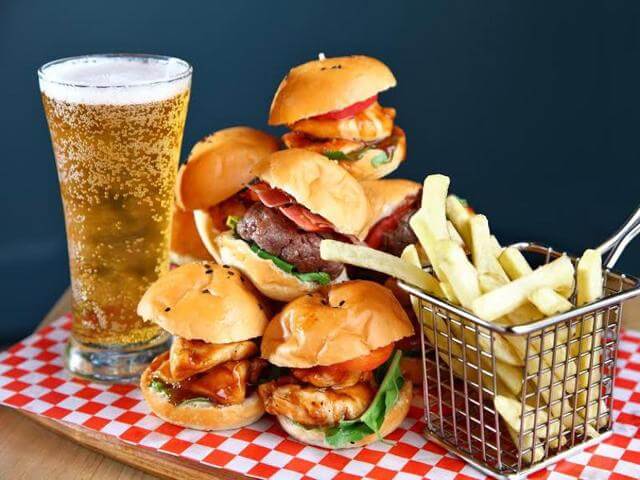
Fats should be part of your diet but make sure that you eat the good ones!
Remember, you don’t have to compromise your diet in order to achieve your goals. You can still enjoy the food you eat – just do it where you know what you are putting in your mouth. (Not what is shown in the above picture).
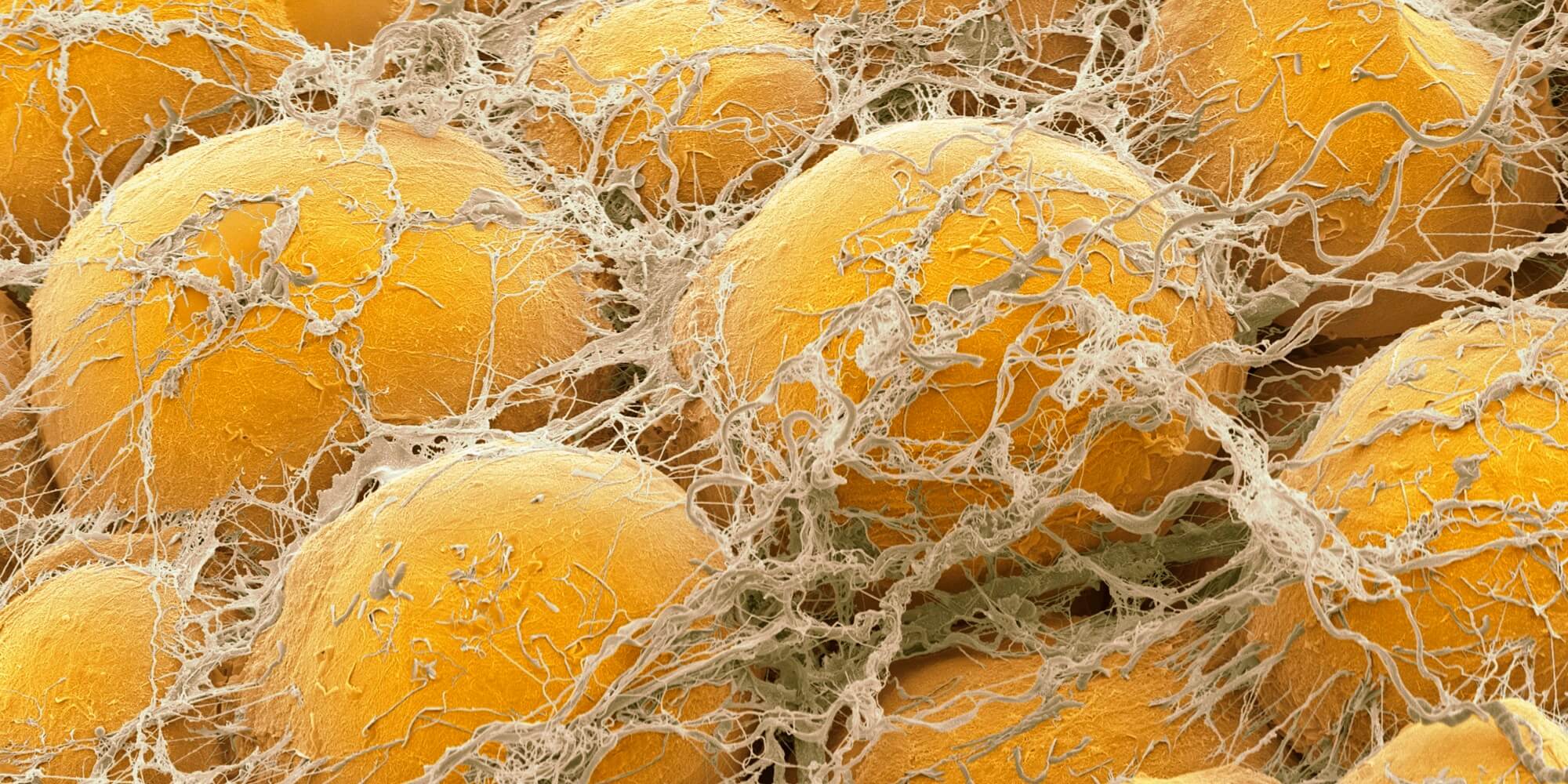
White Fat cells - Electron Microscope image
The moment you realize your fat has been your greatest asset, and you are thankful for it, you will finally be able to lose it. Body fat is a number of things that many people do not consider. The main thing we have been taught is that it is a bad thing and needs to be removed by any and all methods.
Here are some facts about your body fat you may have never considered:
Fat is essential for life. It surrounds every nerve, encircles every cell, is the structure of every hormone, and makes up roughly 65-70% of your brain matter.
Fat is the cleanest and most efficient energy/fuel source for all your cells but most significantly your brain.
Fat is an insulator and keeps you warm and protected.
Fat is a great storehouse of dangerous toxins. Fat stores toxic poisons away from your vital organs such as your brain and liver. Your fat cells are loaded with these toxins to protect you from allowing them to create massive damage by circulating in your bloodstream. Your fat cells keep your brain from being exposed to more DDT, mercury, aluminum, zinc, glyphosate, lead, antibiotics, sulphur drugs, plastic estrogens, etc. Think about that for a moment.
This is so important, I will say it again: your fat cells are protecting you from all the dangerous poisons you couldn’t safely process out of your body. It saved your life.
Fat is an endocrine gland that releases leptin. Leptin is the “master” hormone and regulates body weight by communicating directly with your brain via the hypothalamus. Did you know your fat is the largest endocrine gland in your body? No, you probably didn’t, because you have been trained to hate it, not to love and appreciate it. Leptin is the hormone that tells your brain you are full and satiated and to stop eating. A big problem with our current weight epidemic is the poor hormonal regulation of leptin.
Fat is the product of and therefore a sign and symptom of chronic inflammation and chronic high blood sugar; fat is a great biofeedback device to allow you to make changes in your behavior to increase your overall health and vitality.
The fact is that the weight loss industry is built on the premise that a thin or slight body shape is what we all should aspire to. That belief is promoted by all the marketing and advertising materials that constantly surround us.
Is this thin or slight shape the right shaper for all of us? We are all individuals with slightly different DNA sequences that makes each of us unique even with 6 billion plus people on this planet. One size does not fit us all.
So why does the bulk of Western Society look huge when compared to the people who live in Asia?
Is it solely because of their genetic background or is it because of their diet?
Let’s have a look at why that is the case.
The weight loss industry is rife with gimmicks and scams, and you may have tried everything under the sun and you are STILL dangerously high in body fat. Why?


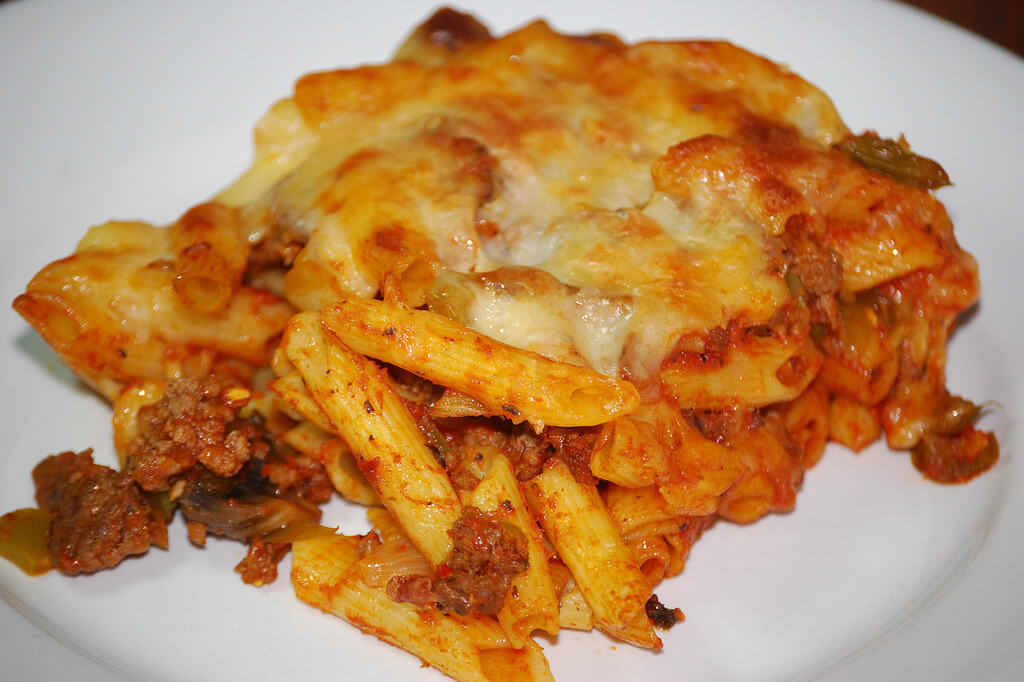
2/3 of all Americans have an unhealthy body fat percentage and are classified as overweight. 1/3 of all Americans are obese, which is defined as a Body Mass Index (BMI) of over 30. This includes 1 in 6 children being clinically obese. This is a serious health crisis, and looks likely to get significantly worse before it gets better. The current estimate is that by 2020 (that is only next year), over 50% of all Americans (and most of Europe as well) will be classified as obese and likely to be diabetic.
What is going on? Why has it become so hard for people to stay lean and healthy, and how has it got this bad?
The cards are stacked against you. Farmers and food have been replaced by a “food industry.” Food has been replaced with laboratory designed “food by-products” engineered to make you addicted to their products and increase your appetite. This scenario sets you up to consume more manufactured chemical-laden artificial foodstuff products and to increase profits for the industrial food complex.
We, the people, have been brainwashed into believing "marketing and profits" are the same thing as "science" and the basic truths of life. When most Americans eat what they think is a “healthy choice” for a meal, it is often the very type of meal that causes obesity and other inflammatory diseases that accompany obesity. You are left “trying so hard” and yet get terrible results, and you think that you are “weak” or lack willpower.

We have allowed Greed to become an epidemic in our society. Productive farms have been purchased and turned into suburbs by greedy developers. As we lose more and more of productive farmland to these developers the “food industry” replaces the farmers with accountants and shareholders, and the quality of our food supply slips down another rung on the ladder. This is compounded by the refusal of our Governments to look beyond the next election to safeguard our precious productive farmland before it vanishes forever.
The first step to making any progress is letting yourself off the hook. You have been lied to and deceived by multiple industries. We (scientists) understand physiology and how the body is built to thrive. You haven’t been taught to eat based upon these principles. But you can learn. You are not weak. I have never met a single repeat dieter whom I would ever describe as not having tremendous willpower. You are strong. You just need to learn the truth. If you need permission, let me give it to you: this is not your fault, and you can learn how to get the results you desire in a safe and comfortable way.
You can find the real science, not marketing or advertising claims, by becoming part of DestroyDisease.org when the Fact Checkers make sure the information they share is the truth. Most scientific studies that demonstrate that disease can be eliminated from your body without using drugs and surgery are ignored by the “Medical Industry”.
Yes, you can start over and achieve success in your body fat and body weight maintenance goals. Losing weight is a difficult long term goal, but being your healthiest self is a great one. Teaching you how to maintain your best self for a lifetime of pleasure is my goal.
We offer multiple ways for you to learn how your body fat is your friend and how to maintain it at healthy levels.
Courses: 7 day, 30 day, 120 day True Cellular Detox programs, and a year long life changing program.
This might seem a bit far fetched but this occurs too many times to be regarded as unusual.
The next time you take your antidepressant tablets check against this list to see if you need to get the prescription changed to something that doesn't cause weight gain. [Download the PDF file below - no email required].
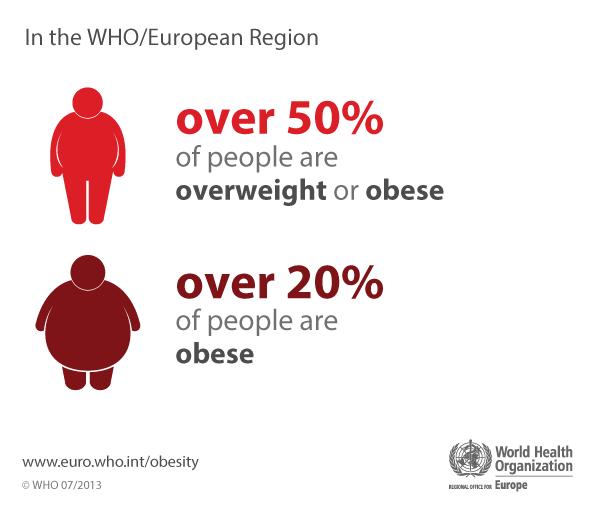
I must admit that my cynical side (all of me really) wondered why the AMA would fall on that side of the fence, when most people in the streets regard obesity as the sign of overeating. Even now, 7 years later that is still the case.
Did the declaration of the AMA mean that the bureaucrats immediately declared a war on obesity similar to the one that Nixon declared on Cancer back in December 23, 1971? [The signing of the National Cancer Act by President Richard M. Nixon on December 23, 1971, was considered a declaration of War on Cancer (although researchers had never slowed in their efforts to combat this multi headed disease). The law earmarked $1.5 million for cancer research over a 3-year period and broadened the scope and responsibilities of the National Cancer Institute. Equally important, the law designated the fight against cancer a national priority.]
In fact at the time (1971) the copy read, "Dr. Sidney Farber, Past President of the American Cancer Society, believes: 'We are so close to a cure for cancer. We lack only the will and the kind of money and comprehensive planning that went into putting a man on the moon'."[1] [In reality, the War on Cancer has turned into a Cash Cow for all parties involved with Cancer, and it is unlikely that this war will ever be won by the human race. There is just too much money involved to justify finding a real solution.]
So here we are some 48 years later with no end in sight for the demise of Cancer in any form using the treatments approved by the AMA and FDA, and they now add another disease - obesity to the ever growing list of human ailments.
This is partly due to the fact that the Medical Industry was now able to claim weight loss clinics and methods as part of their domain. This is especially true when you realise that the weight loss industry as a whole was a $64 billion market in 2014.[2] Purely from a "follow the money" outlook this large non-medical market was too tempting for the AMA to ignore.
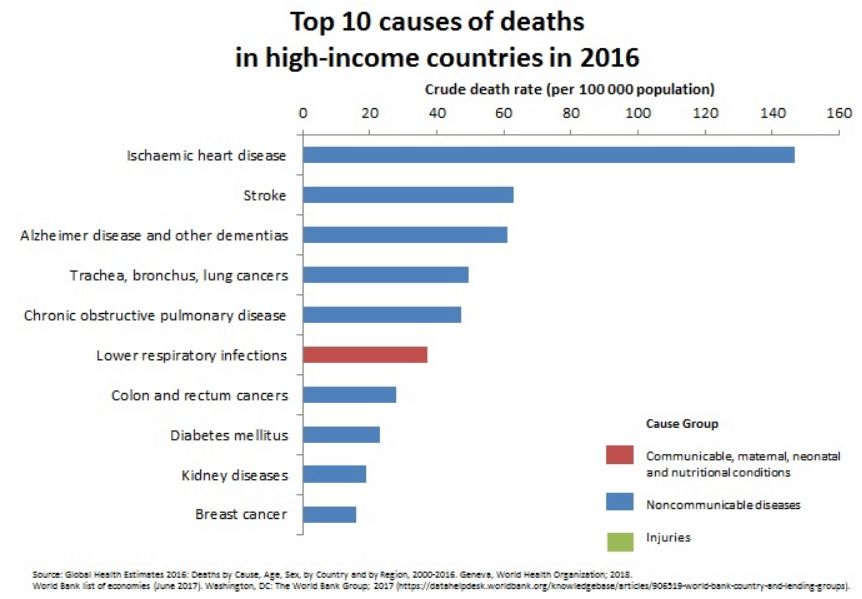


9 out of 10 of the causes of death in high income countries are related to being overweight, obese or morbidly obese. These are preventable.
All of the blue causes of Death shown opposite are the result of being obese or even overweight.
Obesity was declared a disease so the Medical Industry could get involved in the $64 billion (2014) weight loss market.
It is interesting to note that in the meeting minutes the A.M.A. House of Delegates voted AGAINST the conclusions of the association’s Council on Science and Public Health, which had studied the issue over the last year. The council said that obesity should not be considered a disease mainly because the measure usually used to define obesity, the body mass index (BMI), is simplistic and flawed.
Some people with a B.M.I. above the arbitrary level that usually defines obesity are perfectly healthy while others below it can have dangerous levels of body fat and metabolic problems associated with obesity. [There is no indication of any scientific reason why the BMI levels defining overweight, obese or morbidly obese are set at these levels. I have been unable to find any studies that support these numbers, and I feel that they are just arbitrary numbers pulled out of the air by the initial publisher of the BMI.]
“Given the existing limitations of B.M.I. to diagnose obesity in clinical practice, it is unclear that recognizing obesity as a disease, as opposed to a ‘condition’ or ‘disorder,’ will result in improved health outcomes,” the council wrote. [This has been shown to the case as now 50% of EU citizens and 2/3 of the USA population are defined as obese. This just makes the market for weight loss and obesity clinics manned by members of the AMA to make even more money.]
One reason in favour, it said, was that it would reduce the stigma of obesity that stems from the widespread perception that it is simply the result of eating too much or exercising too little. Some doctors say that people do not have full control over their weight.
Supporters of the disease classification also say it fits some medical criteria of a disease, such as impairing body function. [So does losing a limb, but that isn't classed as a disease, yet.]
Those arguing against it say that there are no specific symptoms associated with it and that it is more a risk factor for other conditions than a disease in its own right.
They also say that “medicalizing” obesity by declaring it a disease would define one-third of Americans as being ill and could lead to more reliance on costly drugs and surgery rather than lifestyle changes. [They got the numbers wrong on that as it is now 2/3 of Americans are classified as obese.]
Some people might be overtreated because their B.M.I. was above a line designating them as having a disease, even though they were healthy.
The delegates rejected the conclusion of the council and voted instead in favour of a resolution pushed by the American Association of Clinical Endocrinologists, the American College of Cardiology and some other organizations. [The fix was obviously in as the rejection of a special council who studied the obesity problem for over a year was thrown out in favour of chasing the $64 billion weight loss market [2] that the Doctors were not currently involved in at a single meeting.]
This resolution argued that obesity was a “multi metabolic and hormonal disease state” that leads to unfavorable outcomes like Type 2 diabetes and cardiovascular disease.
“The suggestion that obesity is not a disease but rather a consequence of a chosen lifestyle exemplified by overeating and/or inactivity is equivalent to suggesting that lung cancer is not a disease because it was brought about by individual choice to smoke cigarettes,” the resolution said. [Once again this comment is self serving as you do not need to be a smoker to get lung cancer. See Lung Cancer article here.]
Eating more calories than you burn in daily activity and exercise (on a long-term basis) causes obesity. Over time, these extra calories add up and cause you to gain weight.
Eating more calories than you burn in daily activity and exercise (on a long-term basis) causes obesity. Over time, these extra calories add up and cause you to gain weight.
You see this shown again and again when you see malnourished or starving people - none of these people are obese or even overweight.
Basically, anyone - man, woman and child are all at risk from becoming obese. This is especially true if they indulge in any of the actions mentioned above. The main ones are eating fatty foods (fast food is the greatest contributor), processed food and not doing any exercise, such as walking for 30 - 60 minutes a day. TV, Video games and always going everywhere by car instead of walking or using a bicycle also do not help.
According to the Food Research & Action Center - and everyone else - more than 2/3 of Americans and 50% of EU citizens are overweight or obese. Two decades ago that was only ¼ of the population. Put simply, significantly more people should be losing weight. The difference, however, between now and 20 years ago is a change in focus away from deprivation dieting to a more holistic, healthy lifestyle all the time. Instead of saying, “I’ve got to lose this extra weight right now,” people are saying “I’ve got to live a healthier life.” Folks that were dieting are at least trying to eat fresher, greener foods, exercise more regularly and in general take better care of themselves. An interesting statistic to illustrate the point: a whopping 77% of Americans claim to be trying to eat healthier - against the 19% that claim to be on a diet.
Physicians and health insurance providers are not shy about pitching weight loss as preventative health care. Medical weight loss plans as a niche weight loss business have been making a lot of money and likely will into the future.
73% of men in the United States are overweight, compared to only 63% of women. But memberships in weight loss programs are dominated by women - an estimated 90% of Weight Watchers members are women. The discussion about why can be long and varied - and controversial at points - but the fact remains: men are overweight and have still barely been touched by weight loss services.
Some people possess genetic factors that make it difficult for them to lose weight. This group is a very small proportion of the population and does not include 2/3 of the people in the USA or EU. The Medical Industry would like you to believe that being overweight or obese in your case is genetic and should be dealt with solely by Doctors. Unless you suffer from any of the 5 medical conditions shown above then there is a 99% chance that being overweight or obese is a personal choice determined by what you put in your mouth.
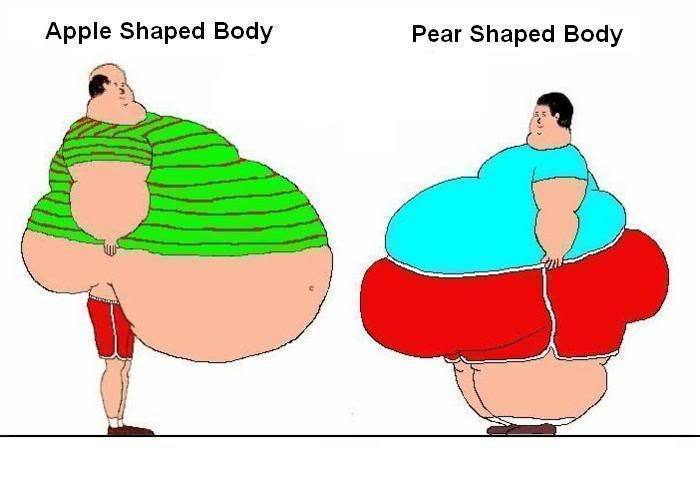


Your environment at home, at school, and in your community, can all influence how and what you eat and how active you are. Maybe you haven’t learned to cook healthy meals or don’t think you can afford healthier foods. If your neighborhood is unsafe, maybe you haven’t found a good place to play, walk, or run.
If this is your problem then join our 7 day and 30 challenge to start you on your way. While we can support you in helping yourself by supplying recipes, food lists, and exercise suggestions we cannot do it for you. Moving through these courses will give you the confidence which will change your life for the better.
Depression can sometimes lead to weight gain, as people turn to food for emotional comfort. Certain antidepressants can also increase risk of weight gain. Check out the list here to find out if your prescription is part of the weight gain problem. If it is then ask your Doctor to change your medication.
It’s a good thing to quit smoking, but quitting can also lead to weight gain. For that reason, it’s important to focus on diet and exercise while you’re quitting.
Medications such as steroids or birth control pills can also put you at greater risk for weight gain. Check with your Doctor to find out if that is part of the weight problem.
Supplied by BMI Calculator USA
Most times the Doctor or Nurse will measure how big you are around your stomach, take your weight and your height.
They then will check the BMI [3] Obesity charts. Calculate your own BMI on the left.
Obesity is defined as having a BMI of 30 or more. Body mass index is a rough calculation of a person’s weight in relation to their height.



Other more accurate measures of body fat and body fat distribution include skinfold thickness, waist-to-hip comparisons, and screening tests such as ultrasound, computed tomography (CT), and magnetic resonance imaging (MRI) scans.
Your doctor may also order certain tests to help diagnose obesity as well as obesity-related health risks. These may include blood tests to examine cholesterol and glucose levels, liver function tests, diabetes screen, thyroid tests, and heart tests, such as an electrocardiogram.
A measurement of the fat around your waist is also a good predictor of risk for obesity-related diseases.
When you get the bill for all these tests you might begin to understand why the AMA wanted to declare Obesity as a Disease.
Obesity leads to much more than simple weight gain. Having a high ratio of body fat to muscle puts strain on your bones as well as your internal organs. It also increases inflammation in the body, which is thought to be a cause of cancer. Obesity is also a major cause of type 2 diabetes.
Obesity has been linked to a number of health complications, some of which are life-threatening:
If you’re obese and haven’t been able to lose weight on your own, medical help is available. In addition there are a number of of Weight Loss Clinics that will work with you (for a fee) to support you in losing weight. Most of these tend to be food based - i.e. buy our food and lose weight.
Start with your family physician who may be able to refer you to a weight specialist in your area.
Your doctor may also want to work with you as part of a team helping you lose weight. That team might include a dietitian, therapist, and/or other healthcare staff.
Your doctor may work with you on making lifestyle changes. It is most likely that they will recommend medications or weight loss surgery as well.
Your healthcare team or Weight Loss Clinic can educate you on better food choices and help develop a healthy eating plan that works for you. A structured exercise program and increased daily activity — up to 300 minutes a week — will help build up your strength, endurance, and metabolism.
Counseling or support groups may also identify unhealthy triggers and help you cope with any anxiety, depression, or emotional eating issues.
Your doctor may also prescribe certain prescription weight loss medications in addition to healthy eating and exercise plans. Medications are usually prescribed if other methods of weight loss haven’t worked and if you have a BMI of 27 or more in addition to obesity-related health issues.
Prescription weight loss medications either prevent the absorption of fat or suppress appetite. These drugs can have unpleasant side effects. For example, the drug orlistat (Xenical) can lead to oily and frequent bowel movements, bowel urgency, and gas. Your doctor will monitor you closely while you’re taking these medications.
Weight loss surgery (commonly called “bariatric surgery”) is the prefered option in the USA as it does not require a commitment from patients that they will change their lifestyle. Surgery forces the patient to change their lifestyle and food intake, otherwise the patient is likely to die when the internal surgery ruptures.
These types of surgery work by limiting how much food you can comfortably eat or by preventing your body from absorbing food and calories. Sometimes they do both. It does not rely on the willpower of the patient to eat less.
Weight loss surgery isn’t a quick fix. It’s a major surgery and can have serious risks. After surgery, patients will need to change how they eat and how much they eat or risk getting sick or dying.
Candidates for weight loss surgery may have a BMI of 40 or more, or have a BMI of 32 to 39.9 along with serious obesity-related health problems.
Patients will often have to lose weight prior to undergoing surgery. Additionally, they will normally undergo counseling to ensure that they’re both emotionally prepared for this surgery and willing to make the necessary lifestyle changes that it will force on them.
There’s been a dramatic increase in obesity and in obesity-related diseases. This is the reason why communities, states, and the federal government are putting an emphasis on healthy food choices and activities to help turn the tide on obesity.
Ultimately, however, the responsibility is on each of us to make these healthy changes.
Help prevent weight gain by making good lifestyle choices. Aim for moderate exercise (walking, swimming, biking) for 20 to 30 minutes every day.
Eat well by choosing nutritious foods like fruits, vegetables, whole grains, and lean protein. Eat high-fat, high-calorie foods in moderation.
The weight loss business is an industry fraught with misinformation. False claims about potential results and benefits run rampant. In the last decade alone the Federal Trade Commission has brought more than 80 law enforcement actions against companies making deceptive weight-loss claims. For patients considering joining a weight loss clinic it’s important to understand how and why it does what it claims to do - and if it really does it!
Do-it-yourself diets have also stormed onto center stage. From Atkins to South Beach to eating like a caveman - and a thousand others - diet information is easier to find than ever. Online support communities offer many of the benefits of in-person support, but have the added benefit of anonymity.
The number of bariatric surgeries have increased by 10% in the last decade alone. This surgery reduces the size of the stomach and has been an effective weight loss technique - without a lot of the work required the old fashioned way.
No matter what type of solution you you pick to stop you being overweight or obese - it all come down to one thing - less food in and weight goes down. Check out our 7 and 30 day challenges.
Fact Checked References
1. Mukherjee S. A moon shot for cancer. In: The Emperor of All Maladies: A Biography of Cancer. New York: Scribner; 2010: 180.
2. MarketResearch.com: The U.S. Weight Loss and Diet Control Market (11th Edition)
3. https://www.nhlbi.nih.gov/health/educational/lose_wt/BMI/bmicalc.htm
CDC.gov: Adult Obesity
Healthy People.gov: Archive
Adult obesity facts. (2018).
cdc.gov/obesity/data/adult.html
Body mass index: Considerations for practitioners. (n.d.).
cdc.gov/obesity/downloads/bmiforpactitioners.pdf
Child obesity facts: Prevalence of childhood obesity in the United States. (2018).
cdc.gov/obesity/data/childhood.html
Facts and statistics: Physical activity. (2017). https://www.hhs.gov/fitness/resource-center/facts-and-statistics/index.html
F as in fat: How obesity threatens American’s children. (n.d.). https://www.rwjf.org/content/dam/farm/reports/reports/2010/rwjf62003
Guo X, et al. (2017). High fat diet alters gut microbiota and the expression of paneth cell-antimicrobial peptides preceding changes of circulating inflammatory cytokines. https://www.ncbi.nlm.nih.gov/pmc/articles/PMC5339499/
Hall KD, et al. (2016). Calorie for calorie, dietary fat restriction results in more body fat loss than carbohydrate restriction in people with obesity. https://www.ncbi.nlm.nih.gov/pmc/articles/PMC4603544/
Mayo Clinic Staff. (2015). Obesity.
mayoclinic.org/diseases-conditions/obesity/symptoms-causes/syc-20375742
Mayo Clinic Staff. (2018). Cushing’s syndrome.
mayoclinic.org/diseases-conditions/cushing-syndrome/symptoms-causes/syc-20351310
Mayo Clinic Staff. (2018). Hypothyroidism (underactive thyroid).
mayoclinic.org/diseases-conditions/hypothyroidism/symptoms-causes/syc-20350284
Mayo Clinic Staff. (2018). Prader-Willi syndrome.
mayoclinic.org/diseases-conditions/prader-willi-syndrome/symptoms-causes/syc-20355997
Obesity. (n.d.).
endocrinefacts.org/health-conditions/obesity/
O’Neill AM. (2016). High-fat Western diet-induced obesity contributes to increased tumor growth in mouse models of human colon cancer. https://www.ncbi.nlm.nih.gov/pubmed/27866828
Polycystic ovary syndrome. (n.d.).
ncbi.nlm.nih.gov/pubmedhealth/PMHT0024506/
Position of the American Dietetic Association: Fat replacers. (2005). https://jandonline.org/article/S0002-8223(04)01853-X/fulltext